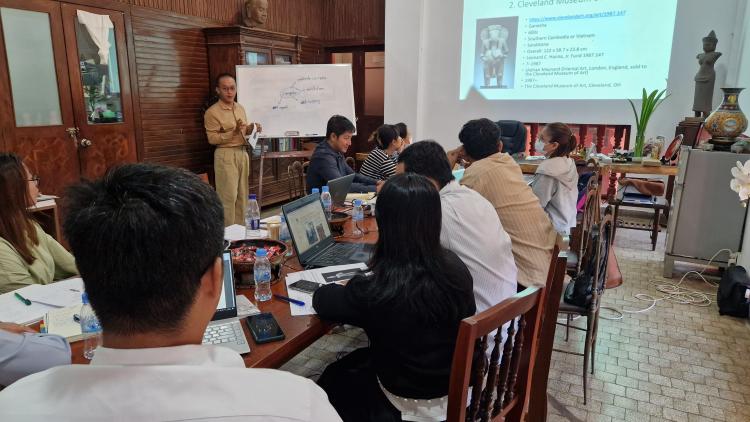School of Anthropology, Media and Gender


Welcome
The School of Anthropology, Media and Gender is the only one of its kind in the UK – an alliance of departments with unrivalled expertise on culture, media, and society in Asia, Africa, the Middle East and their diasporas.
All three departments have a distinctive identity and complementary approaches to teaching and research. Media and Gender are both interdisciplinary, while Anthropology and Sociology at SOAS has a strong disciplinary focus, relying on reflexivity, ethnography and participant-observation in its research. Collectively, the School offers research-led teaching and produces world-class research that invites new thinking about change, relationships, and hierarchies of knowledge.
Our courses offer a huge range of options, with Africa, Asia, the Middle East and their diasporas always at the front and centre.
Meet the academics
The department counts 50+ academics from across a range of subjects and expertise.

The School of Anthropology, Media and Gender contains within it diverse scholars committed equally to nurturing criticality and care in teaching and research.
Whether inquiring into the climate emergency or food insecurity, treatments for mental health, how digital media is changing, anti-racist movements or transnational feminisms, our staff and students are always asking exciting and challenging questions.






